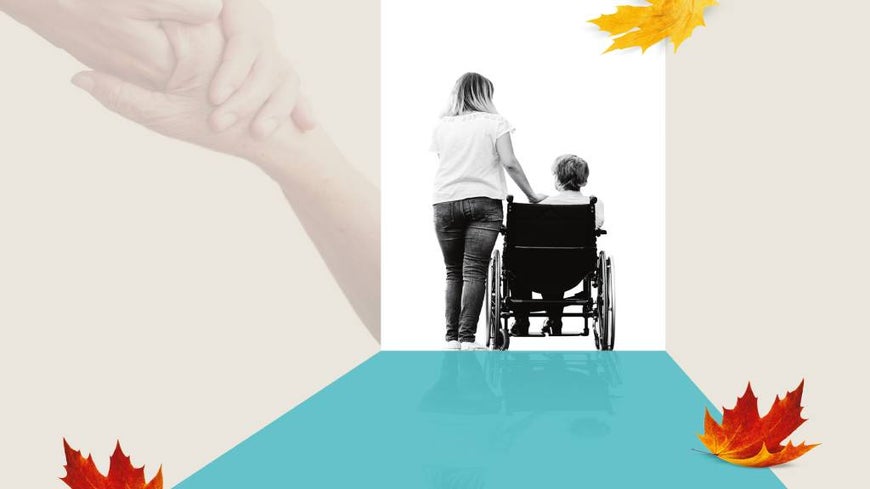Death doulas: the new end of life consultants

Written by Shonagh Walker for Australian Seniors.
When we think of death, we so often feel sadness, grief, and fear of the unknown. Which is why an end-of-life consultant – or a death doula – is seen as an increasingly important role.
Victorian doula Maria Lazovic explains: “Being a death doula involves companioning people reaching the end of their life, as well as their loved ones. It is support that allows people to be comfortable around death. It is being a presence that can normalise death as a part of life, and is a very traditional role, which has happened for millions of years, but seems to be becoming more visible of late.”
She works with End of Life Doula Directory, a service that links the community with doulas who can provide emotional support, resources, education, and companionship. Maria explains that there are a few phases involved. “The first is the pre-planning. Ensuring things like paperwork, funeral plans, and legacy projects are in place. Then there is the death phase, when people become unwell and house-bound. This is followed by the active dying phase – and then the after-death phase, which involves preparing the body for cremation or burial.
“In society today, death is very medicalised and institutionalised. The role of a doula is also to discuss death as a natural end to life, because it is a certainty we are all going to experience. We also hope to demystify death, so people can take their power back, as well as intuitively support someone who is dying and their family and friends.”
A unique end of life experience
Maria says everyone has their own unique wish list when it comes to their end-of-life experience. In many instances, animals play a huge role. “Animals provide so much joy and unconditional love. My service dog goes to the people that seem to need the most nurturing. She pops her head on laps and cuddles with people. I have seen a lot of people with their dogs on their bed, so as they pass, they can smell that beautiful doggy smell.”
In other instances, Maria facilitates home deaths for the terminally ill. “Many people wish to die at home. They also want to keep their body at home, rather than at a funeral parlour. They want family and friends to prepare their body. Others may die in an aged care facility or hospital and request to have their body taken home for up to three days before the funeral. There are a lot of holistic funeral homes that are flexible with these arrangements and can assist with and support home death care.
A “living wake”
“Another thing I am seeing a lot of, which is actually quite joyful, is a ‘living wake’. This is typical of people who may have received a terminal diagnosis, and they want to have a party.”
Maria also guides a terminally ill person’s loved ones through their own anxieties and fears. “Sometimes people are scared to touch someone who is dying,” she says. “People who are near death value that touch, because there is a part of them that knows ‘this is it’. They are going to lose that body and will never have that sensation of touch again.
So, I support people with things like this, too. There is an essence of teaching people how to be with someone who is dying. It truly is quite a beautiful thing to be doing.”
22 Jul 2021